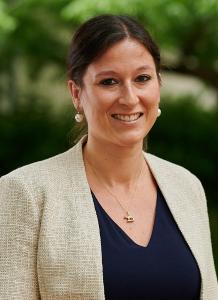When disparate challenges collide to create fertile soil for extremism and terror: A field-based analysis
The Nordic countries are internationally acclaimed for their welfare societies, social stability, democratic governance and high standard of living, to mention a few things. Yet in spite of this, they produced a disproportionate high level of travelers, men and women, to the so-called Islamic state in Syria and Iraq, with countries like Sweden on the top 5-list in Europe for the number of foreign fighters joining the group. The question is, how could a country like Sweden in spite of all its advantages have such a challenge with in this case, violent and political Islamism? And the most important point, what can we learn from the successes and failures of Sweden in handling this challenge?
Click on the PDF for the full Brief
About the Author
Gabriel Sjöblom-Fodor
A researcher who specializes in the study of religious community work in the countering of violent extremism and extremist narratives, and how this work impacts national security. His focus is on deradicalization and prevention of violence using theological and psychological counseling, as well as the specific politico-religious and social roots of modern violent extremism. He has a background in journalism and in politics. In 2015 he embarked on a independent research project that aimed to investigate how Muslim religious communities on thr frontlines countered extremist narratives and recruitment to violent extremism. The focus lay in how theological and counseling debates and methods, where the extremist narrative is challenged and deconstructed, have been used, and continue to be used, in the Nordic context. This has been done primarily through field work interviewing religious leaders, community actors and others who witnessed close-up the call to violent extremism during the rise and peak of the ISIS “Caliphate” and were able to witness first-hand these processes and engage with radicalized individuals, recruiters and FTFs.



